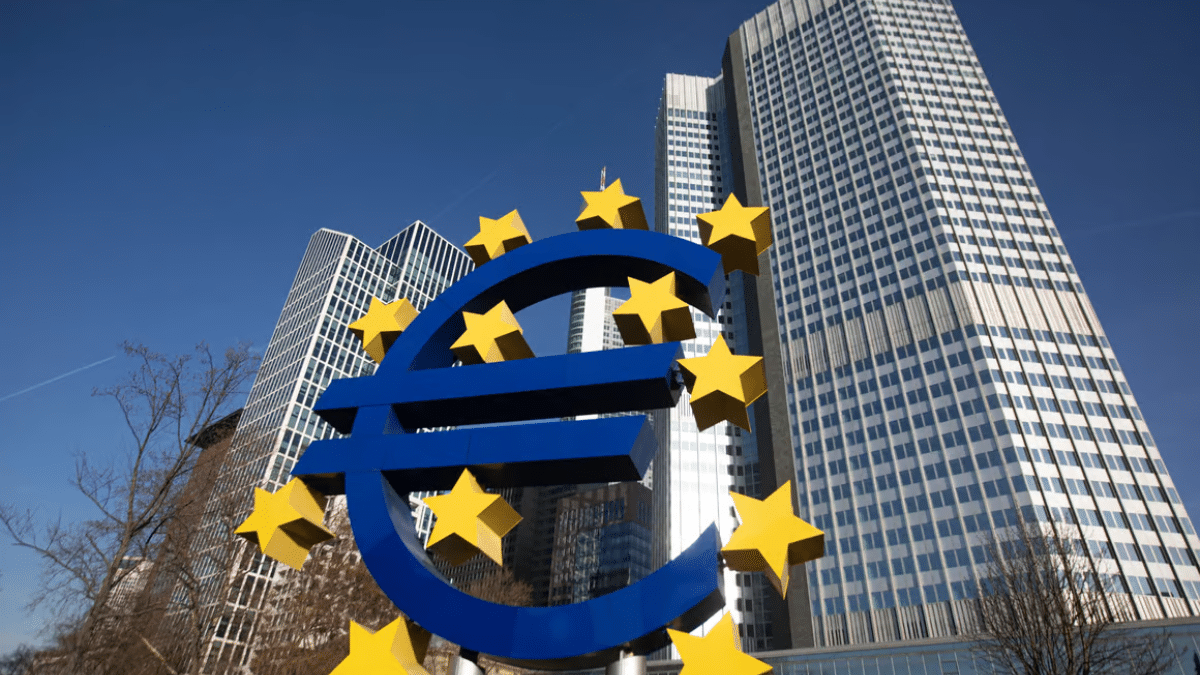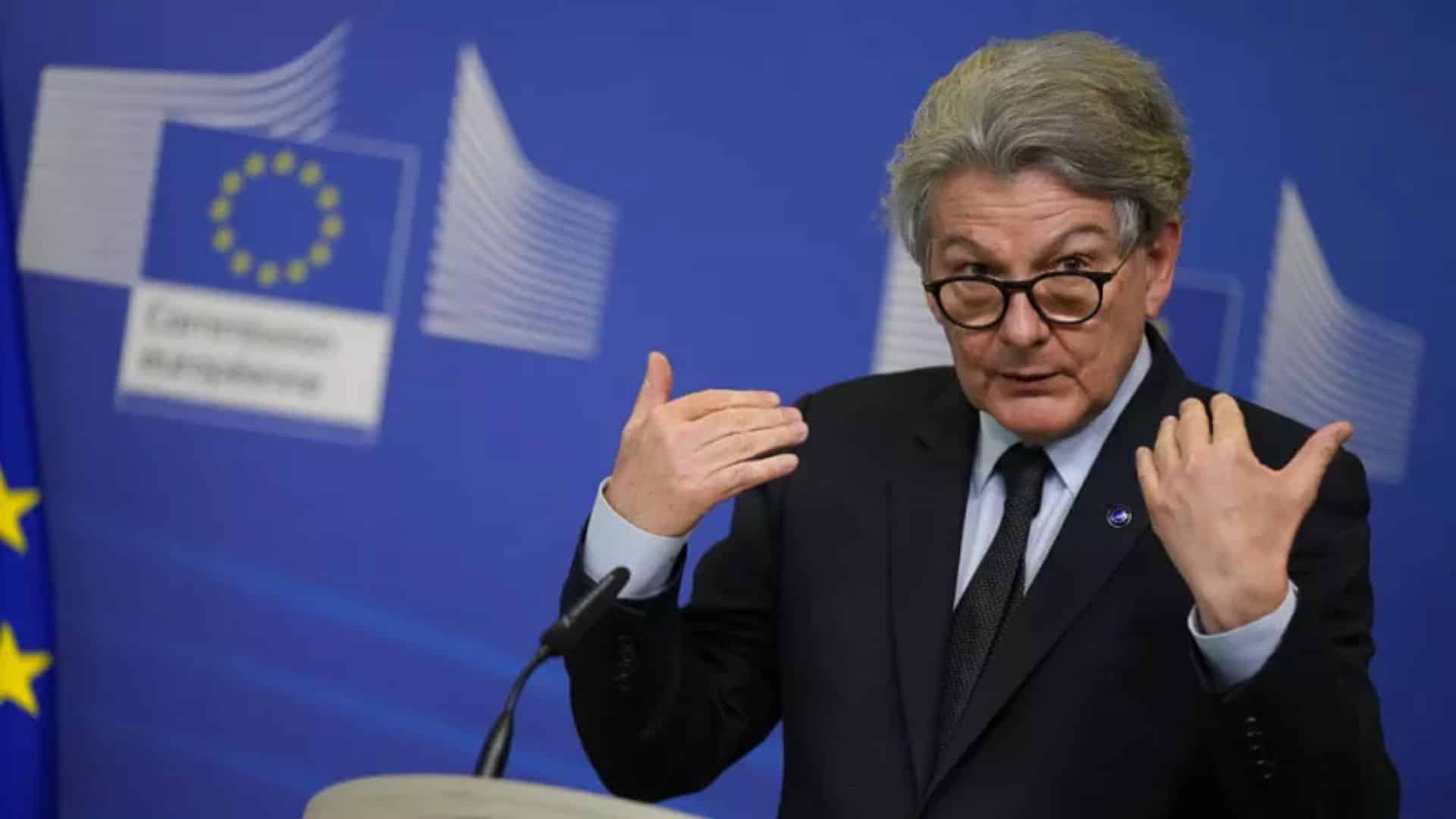
The new euro is already here: the ECB has already confirmed it and this is how payments will change forever
It’s clear that the digital world is more prevalent than ever. Increasingly, more people are earning their income from digital sources. Remote work is becoming more widespread, and carrying cash in wallets is becoming less common.
In response to these unavoidable socio-political shifts, the Eurosystem is considering issuing a digital euro to complement cash. Online shopping and mobile payments are becoming increasingly common, reducing the need for cash or even physical cards. Is this a new idea? Not exactly, as the Eurosystem has been working on this proposal for two years, trying to find the best way to introduce the digital euro to Eurozone citizens.
For this new payment method to become a reality, the European Central Bank’s (ECB) agreement is necessary. At the event held on October 18, progress towards the next phase of the process was confirmed. After considering some benefits and the increasingly digital European landscape, the institution is focusing on preparations for the potential introduction of the digital euro. However, the decision has not yet been firmly made, so although progress has been made, it’s unclear how and when this new payment form will be introduced.
What is the digital euro and its purpose?
The digital euro would be a payment method complementing existing options, aiming to ensure access to public money with all the associated guarantees, suited to an increasingly digital world. Many might wonder if paying with digital money is the same as paying with a card, online banking apps, or mobile payments using bank account funds.
Understandably, digital euros would be in bank accounts, but this money, unlike private finances, would belong to the Central Bank and be publicly backed. This shift might be hard to imagine for many who still prefer using cash, as it would involve mobile or card payments. Potential Advantages According to the ECB One advantage highlighted by the ECB is that the trust currently placed in cash could also extend to the digital realm, bridging the gap between the cash-reliant past and the digital present.
This transition, according to the financial institution, would be straightforward and cost-free, unlike the fees associated with withdrawing cash from ATMs, especially those not affiliated with one’s bank. This system would maintain the fundamental characteristics of cash, but, as the ECB notes, trust in the new system could be even greater. It’s also believed that this would strengthen and make the European financial system more independent from foreign countries.
Another distinguishing advantage of these digital payments, as opposed to current online transactions, is that they could be conducted offline while maintaining the privacy of the payer.












